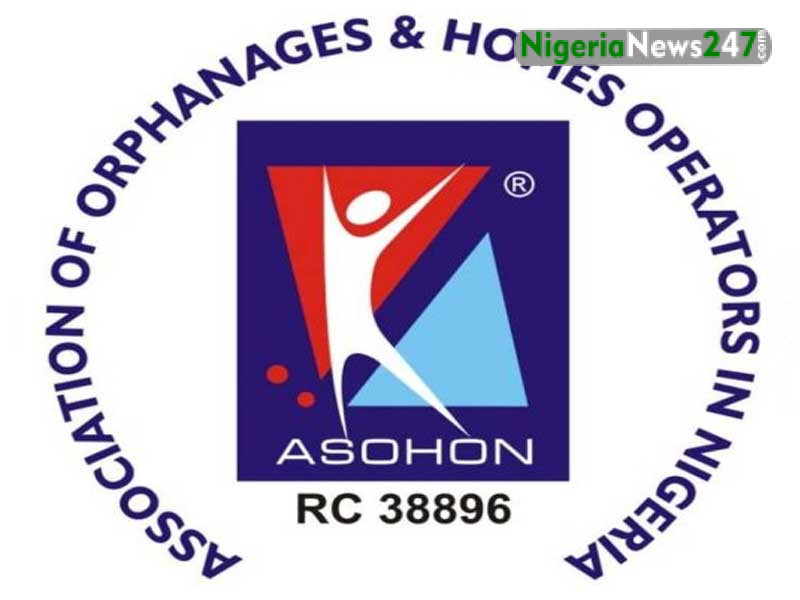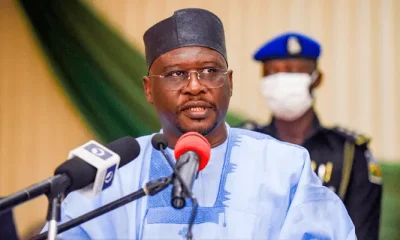NIGERIA NEWS
ASOHON Urges Government Support for Orphanages, Promotes Foster Care System

The National President of the Association of Orphanages and Homes Operators in Nigeria (ASOHON), Gabriel Oyediji, has called on federal, state, and local governments to increase collaboration with private orphanages to improve the care and support of vulnerable children across the country.
Speaking on Monday at a training session for orphanage and home operators in the Southwest zone, held in Abeokuta, Ogun State, Oyediji highlighted the overwhelming responsibility placed on private care homes. He revealed that nearly 90% of Nigeria’s orphaned and vulnerable children are housed in privately operated facilities, yet receive little or no support from government authorities.
“We are the ones bearing all the children for government,” Oyediji said. “Government carries less than 10 percent of the total number of orphans in Nigeria. If UNICEF put the number of orphans in Nigeria at 17.5 million in 2008, we are now talking about approximately 22 million.”
He stressed that private homes bear the full cost of feeding, healthcare, and accommodation, and called for direct financial assistance and partnerships from the government.
“Each child in these homes should have something from the government. They should find us, trust us, and collaborate more for better results,” he added.
Themed “From Vulnerability to Stability,” the training was organized by ASOHON in partnership with SOS Children’s Village, and was aimed at strengthening foster care practices across Nigeria. Over 40 orphanage operators attended the session.
Oyediji also pointed out the emotional and developmental challenges faced by children raised long-term in orphanages. He emphasized the importance of transitioning from institutional to family-based care to better prepare children for real-world integration.
“We’ve realized that children who grow up entirely in orphanages often lack social skills, personal attention, and affection,” he noted. “Foster care gives them a real experience of family life — teaching them how to cook, manage a household, and interact socially. That’s the vision we’re promoting across Nigeria.”
Also speaking at the event, the Ogun State ASOHON Coordinator, Beloveth Edima-Ekpo, stressed the importance of understanding the distinction between fostering and adoption. She encouraged members to emotionally prepare for the eventual release of children for adoption, in line with ethical practices.
“Operators must be ready to let go when it’s time for adoption. That’s part of the process,” she said, while also calling for continued training and adherence to the association’s guidelines.
In her remarks, the State Deputy Coordinator for the Child Protection Network, Margaret Abosede Oviutu, urged participants to apply the knowledge gained and treat the children in their care as family. She reiterated the importance of complying with child protection laws and standards.
Stella Willoughby, Executive Secretary of Ijamido Children’s Home, Ota, described the training as an “eye-opener” and called for more advocacy on evolving foster care policies to address potential challenges.





















You must be logged in to post a comment Login